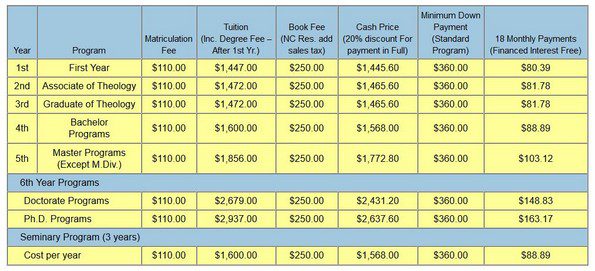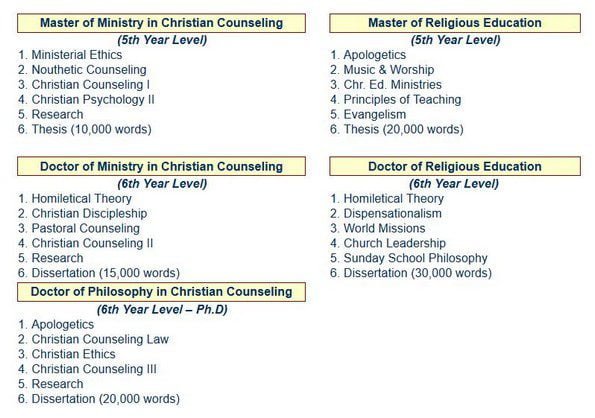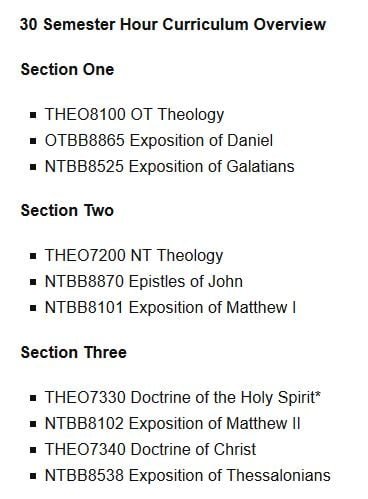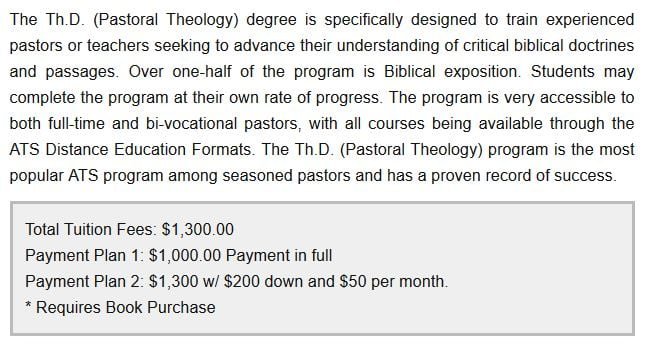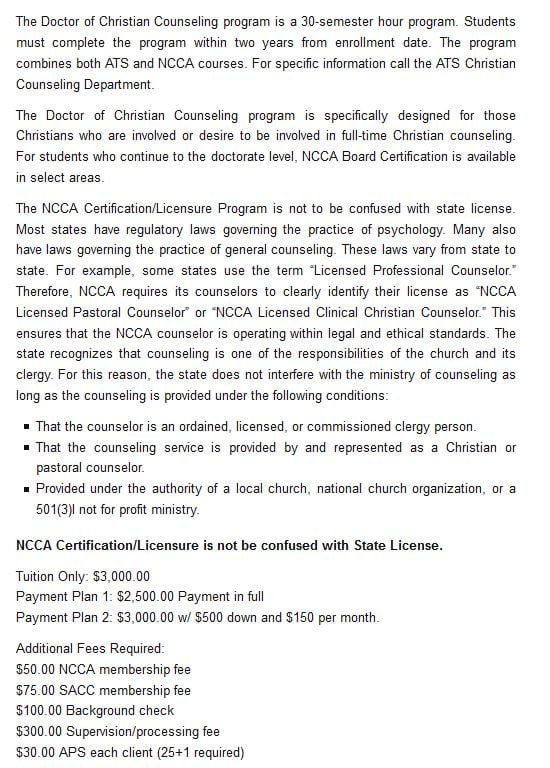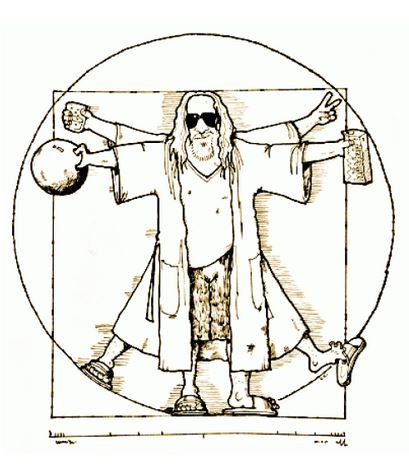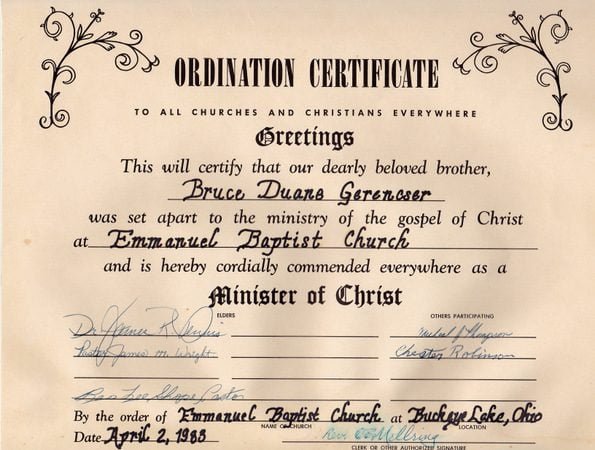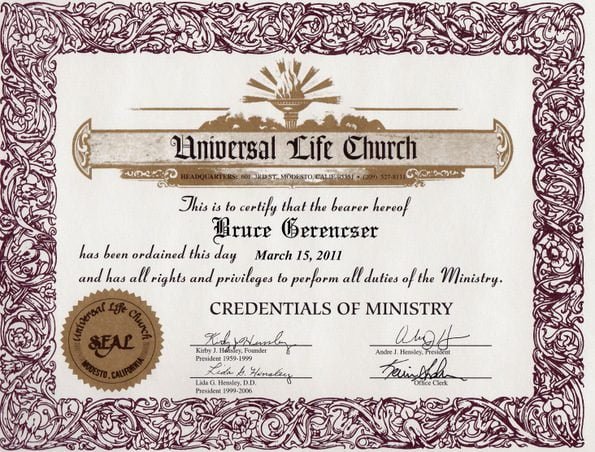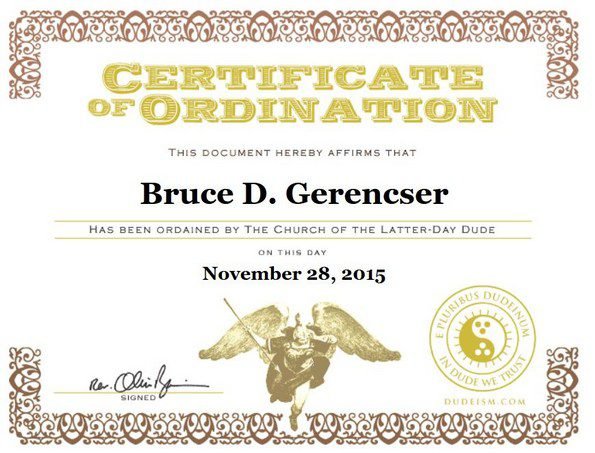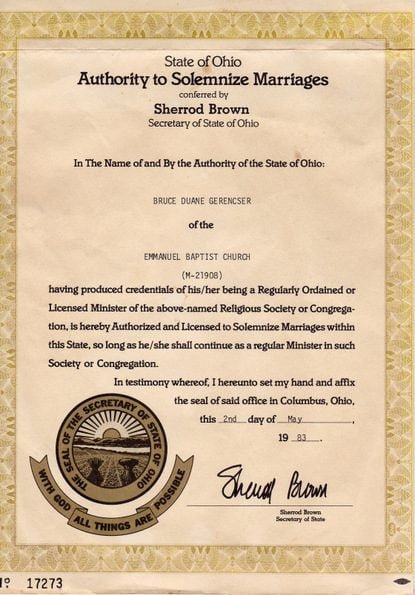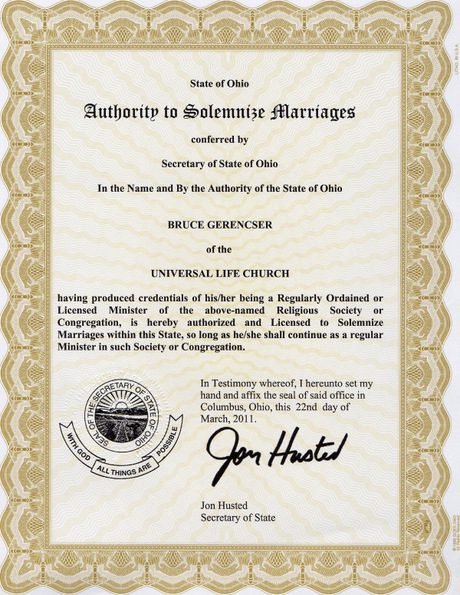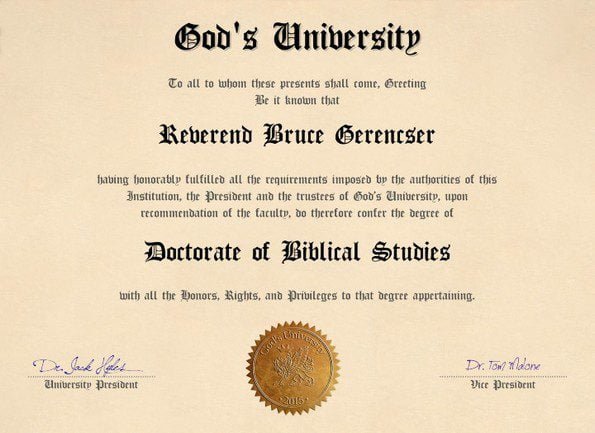
Jim asked:
Is a doctorate of theology of any value in the secular marketplace?
There are three types of religious institutions in the United States:
- Institutions accredited by national accrediting agencies that accredit secular and religious institutions alike
- Institutions accredited by religious accrediting agencies
- Unaccredited institutions
If you have a Th.D (doctor of theology) from a nationally accredited institution, your degree may have value in the secular workplace. The same goes for a Ph.D. from a religious institutions. If your credits can transfer to a state institution, your degree will likely have credibility in the workplace.
If you have a Th.D (doctor of theology) from a school accredited by a religious accrediting agency, it is less likely your degree will have value in the secular workplace. It is unlikely that your credits will transfer to a state institution. Some of these accrediting agencies are little more than storefronts or PO boxes. Others are more rigorous, so your mileage may vary.
If you have a Th.D (doctor of theology) from an unaccredited college, your degree will likely be worthless in the secular workplace. Your credits cannot be transferred to a state institution.
Some employers won’t care whether your degree is from an accredited institution. Your education is just a line on your resume. Where accreditation becomes a problem is when you seek employment that requires licensure. For example, you may have a teaching degree from Pensacola Christian College, but the degree is worthless when it comes to being licensed to teach in a public school. Unaccredited Christian college degrees only have value among like-minded people and religious institutions. This is a hard lesson for people with such degrees to learn. They wrongly think employers will treat them as they do prospective employees with degrees from state institutions. Four to six years of college, only to learn their degree is worthless outside of the church, unaccredited colleges, Christian schools, and parachurch organizations.
Sometimes, employers won’t care whether your degree is from an accredited institution. Ignorant of what these schools teach, employers wrongly think all degrees are the same. Other times, having a religious degree hurts your employment prospects. The prospective employer might view you as a Bible thumper or wonder what you studied for four years. You spent four years studying the Bible? How will that apply to you doing this job? I had one resume “expert” tell me that I should remove from my resume all of my church experience, saying employers may view this negatively. I looked at her and said, “That will leave a twenty-five-year hole in my resume! Should I just say I was in prison for twenty-five years?”
Many people, encouraged by their parents, churches, and pastors, enroll at Christian colleges when they are young. They trust that these adults have their best interests at heart — and they do, from a religious perspective. However, you have no idea where your life will take you over the next forty years of your work career. You might decide to leave the ministry and enter the secular workforce. You will quickly learn that your theology or religious education degree has little value in the real world.
Let me conclude this post by talking about pastors who claim they have doctorates. While some Evangelical pastors have earned doctorates, many of them have honorary degrees or degrees “earned” from diploma mills or unaccredited institutions. In the Independent Fundamentalist Baptist (IFB) church movement, almost all doctorates are honorary or from bogus institutions.
Please see IFB Doctorates: Doctor, Doctor, Doctor, Everyone’s a Doctor for further information.
Bruce Gerencser, 66, lives in rural Northwest Ohio with his wife of 45 years. He and his wife have six grown children and thirteen grandchildren. Bruce pastored Evangelical churches for twenty-five years in Ohio, Texas, and Michigan. Bruce left the ministry in 2005, and in 2008 he left Christianity. Bruce is now a humanist and an atheist.
Connect with me on social media:
Your comments are welcome and appreciated. All first-time comments are moderated. Please read the commenting rules before commenting.
You can email Bruce via the Contact Form.



